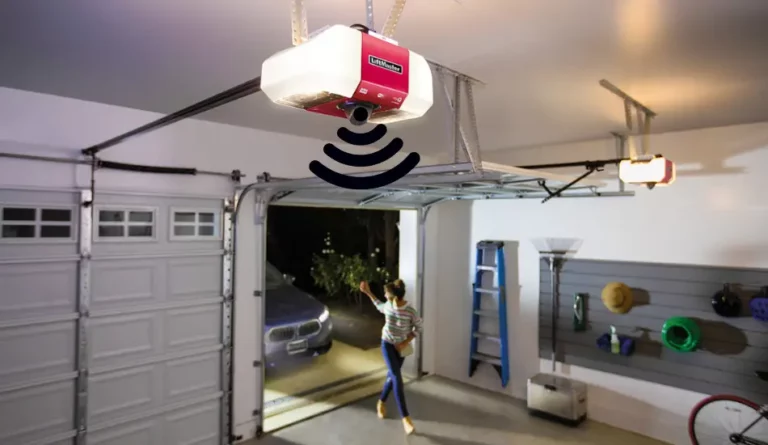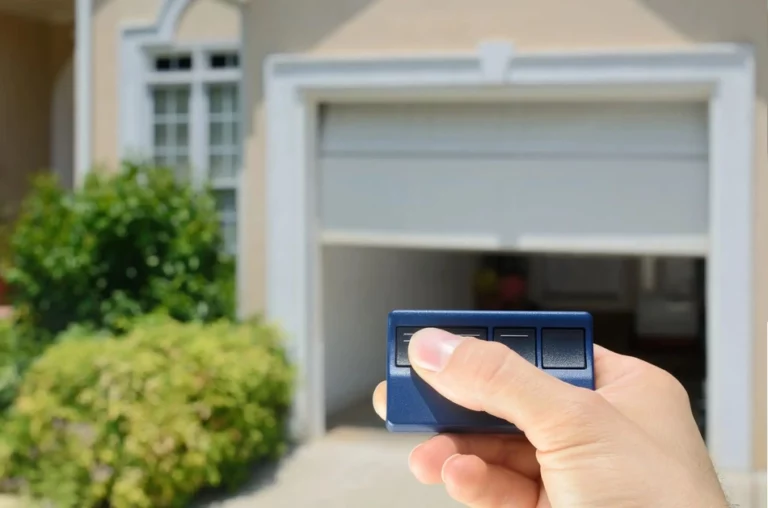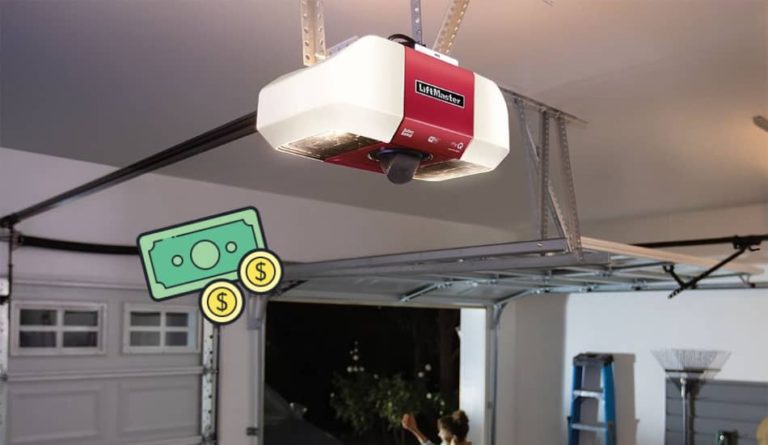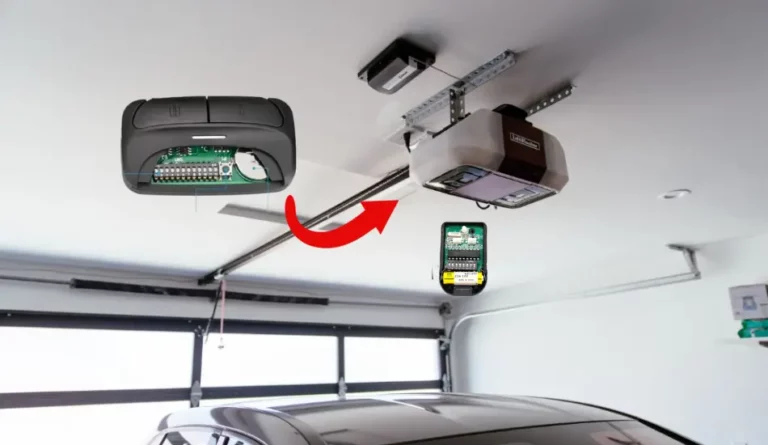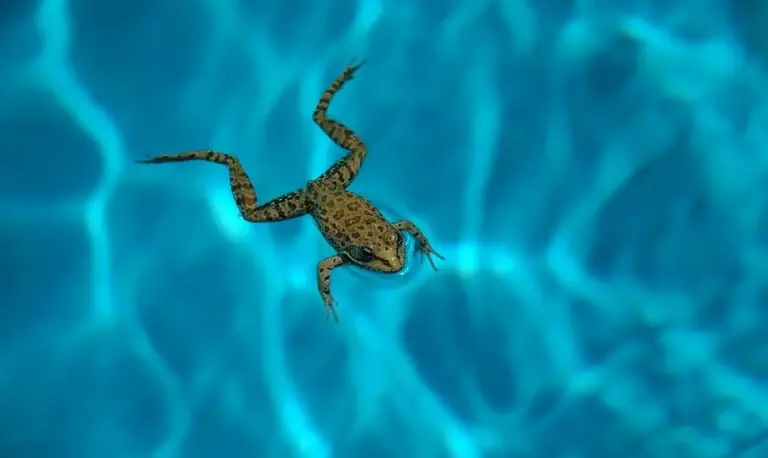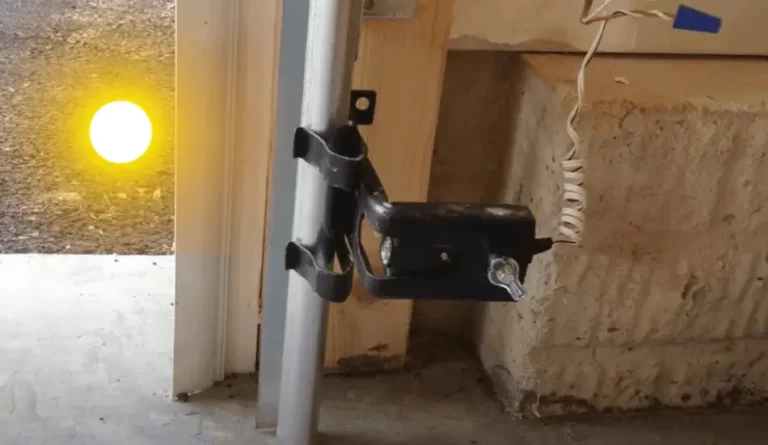10 Pros And Cons of Pool UV Systems
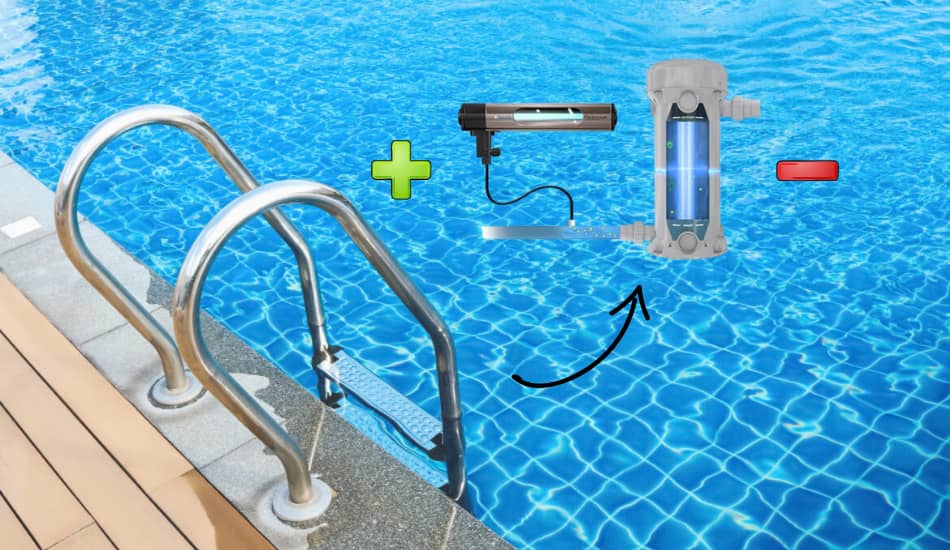
Every pool owner knows that to have a clean pool, regular maintenance is necessary. Therefore, ensuring that your pool stays clear and safe is important. Now, you might wonder: how can I ensure the water in the pool stays free from bacteria and reduce the use of chlorine?
This is where the UV light system for pools comes into play. Just because your pool looks clean doesn’t mean it’s free from microscopic threats. A slight imbalance in pool chemicals can lead to polluted water.
However, as with everything, these systems have their pros and cons. In this article, we’ll talk about their advantages and disadvantages. So, let’s start!
In short, here are the 10 pros and cons of pool UV systems:
| Pros of Pool UV System | Cons of Pool UV System |
|---|---|
| 1. Low maintenance. | 1. The initial cost can be high. |
| 2. Cost-effective. | 2. UV light efficiency decreases over time. |
| 3. Reduces chemical use. | 3. Possible missed areas by UV. |
| 4. Eliminates bacteria and microorganisms. | 4. Circulation pipes require chemical cleaning. |
| 5. Uses advanced cleaning technology. | 5. More maintenance in the first year. |
| 6. No strong chlorine smell. | 6. Depends on electricity. |
| 7. Safer for swimmers (less chlorine). | 7. Sun exposure may reduce efficacy. |
| 8. Easy and efficient cleaning. | 8. Large pools need multiple units. |
| 9. Prevents itchy skin and red eyes. | 9. UV can wear out liners and gear. |
| 10. Eco-friendly. | 10. Improper shielding may degrade water quality. |
Table of Contents
What Are Pool UV Systems?
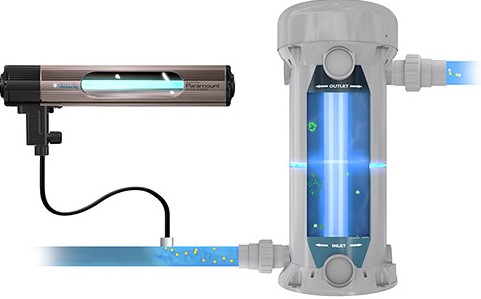
In-ground Pool UV systems are systems that use special lights that are set up around the edges of the pool. These lights send out ultraviolet rays that travel through the water. When these rays touch any tiny unwanted microorganisms or bacteria in the water, they alter their DNA, stopping them from spreading and then getting rid of them. Also, these lights won’t change how your pool looks. It’s because they’re usually put at the bottom edge of the pool walls so they won’t disturb the pool’s appearance.
How Does The Pool UV System Work?
Think of the UV system as a special security system for your pool. It turns on right after the usual pool cleaning filters. As water flows, UV light shines on it inside a sturdy graphite container. This light is super powerful and removes bad things in the water, like tiny germs, mold, mildew, and even bacteria.
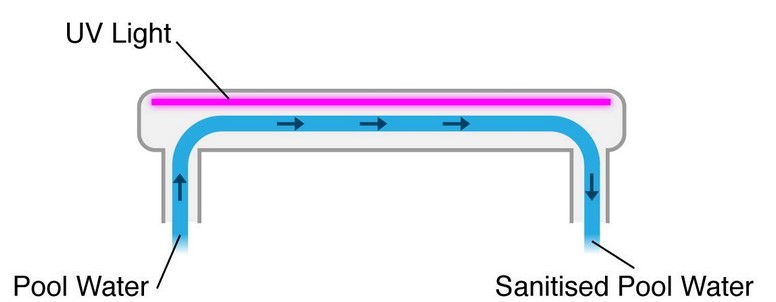
The cool thing? Even the tiniest unwanted (pathogen) things in water can’t handle this UV light. It’s so strong that it also breaks down stuff called chloramines, which can sometimes make our skin itchy or our eyes red when we swim.
Even if you have a UV system, you still need to use stuff like chlorine to clean the pool, but guess what? You’ll need way less of it! And remember, if you clean your pool regularly, you’ll use even fewer chemicals.
Now, you might wonder, is UV light safe? Don’t worry! The UV light stays inside its graphite chamber, so it doesn’t touch us or the water we swim in. This means it’s a safe and smart way to help keep our pool water clean. Plus, the best part? You won’t need to fix or check on it too often. It requires low maintenance.
Related Article: 7 Advantages (Pros) Of Pool UV Systems
Are Pool UV Systems Effective?
UV pool systems use strong ultraviolet light to get rid of unwanted things in the water, like algae, germs, and bacteria that don’t go away with just chlorine. This makes the UV system both safe and good at its job. Plus, the system breaks down any extra chlorine made by other things.
Did you know? Almost 90% of swimming pools use UV systems to clean and protect their pools. This system uses some advanced technology to ensure the pool water is as clean as possible. If you’ve ever seen the Olympic games on TV, you’ve probably noticed how clear the pool water looks when they show it from below. That’s a sign of a well-cleaned pool!
Are Pool UV Systems Safe?
Absolutely, the pool UV systems are safe. The main piece called the graphite chamber, keeps the UV light inside so people swimming don’t come in contact with the light. Moreover, you don’t have to waste any time on this UV cleaner because it requires minimum maintenance. Now that we’ve explained how pool UV systems are effective and safe let’s dive into their pros and cons.
Related Article: Can Pool Pumps Get Wet? Expert Explain
10 Pros of Pool UV System

Now that we are more familiar with the Pool UV system, let’s dive into more details and explore all the cool benefits it brings:
- You don’t have to do any maintenance.
- It doesn’t cost much compared to other options.
- You don’t need to use a lot of chemicals in your pool.
- It keeps away bacteria and microorganisms from your pool.
- It uses advanced technology to keep a pool clean and safe.
- You won’t get that strong chlorine smell.
- It’s safer for people who use the pool – no strong chlorine in the water.
- Get your pool super clean without a lot of hard work.
- No more itchy skin or red eyes during swimming.
- It’s environmentally friendly, meaning less harm to our planet.
10 Cons of Pool UV System

While the pool UV system offers a lot of advantages, it also has its share of drawbacks that need to be considered. Here’s an overview:
- Buying this system can be costly, especially if you call a professional.
- Over time, the UV light starts to lose its max. effective and doesn’t work at 100%.
- If some areas are missed by UV light, microorganisms may pass by.
- Pipes that help water circulate require their own special cleaning, which means adding more chemicals.
- The system will require a little bit more maintenance in the first year of use.
- The system relies on electricity, so if there is no power, it will not work.
- In places with a lot of sunshine, the UV efficacy can be reduced since the sun rays might mess with its operation.
- Large pools will require multiple systems.
- UV light can wear out pool liners and gear faster.
- Improper UV shielding might affect water quality.
How Much Do Pool UV Systems Cost?
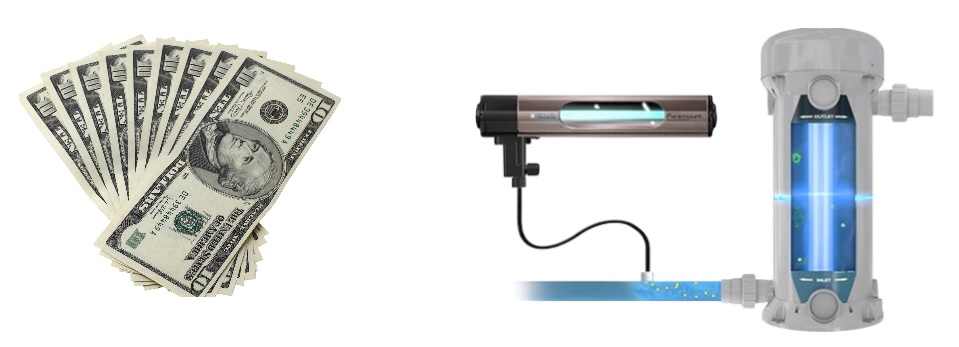
The cost of setting up a UV pool system changes based on your swimming spot’s size. Depending on your chosen system, you might spend anywhere from $400 to $2,000. But guess what? However, you can also find very good and quality UV systems for around $650 that do the job.
On the other hand, the cost is much more when we are talking about large swimming pools. It can be anywhere from $50,000 all the way to $100,000. This big jump in price is because these pools are huge and need a lot of water to move through the cleaner. Also, these big pools need a special approval called NSF, and getting that costs extra.
Related Article: 7 Disadvantages (Cons) Of Pool UV Systems
FAQ: People Also Ask
Is a pool UV system worth it?
Yes, pool UV systems are worth the money. UV lights can kill the DNA of bacteria and pathogens in the pool. Using it requires much less maintenance and the use of chemicals, which leads to significant savings.
Is UV water good or bad for you?
The ultraviolet light targets and eliminates harmful pathogens, ensuring the water’s safety. Therefore, if your water has a low TDS, UV water treatments can effectively remove dangerous viruses, cysts, and other contaminants while retaining the necessary minerals in the water.
Are pool UV systems safe?
The technology behind UV-C is pretty safe for cleaning pool water. It uses UV light to ensure the water is clean, and the best part is that no yucky side-products come from it, unlike some chemical cleaners. Plus, there’s no worry about using too much UV-C light.
Final Thoughts
The pool UV system is one of the safest and most popular choices among pool maintenance methods. One of its good qualities is the minimal use of chemicals, setting it apart from other alternatives out there. Plus, the reduced chlorine levels are a definite win.
However, like most things, it’s not without its drawbacks. From the initial setup costs to its reliance on electricity and the eventual need to replace the UV light after some time, it is something that you must keep in mind. I hope that this article has given you a better picture of both the upsides and downsides of the UV pool system for you. If you have any other questions, feel free to comment below.


